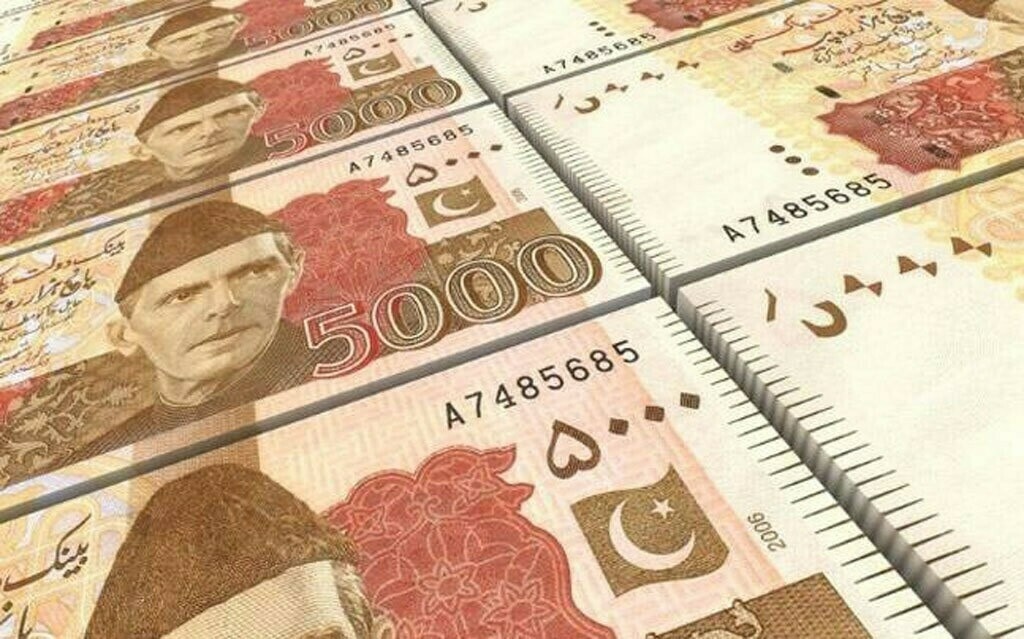By Staff Reporter
KARACHI: The government has borrowed more than twice as much from banks in the first half of the current fiscal year as it did in the same period last year, as it struggles to cope with soaring inflation and debt servicing costs, central bank data showed.
The State Bank of Pakistan (SBP) said on Tuesday the government borrowed Rs2.9 trillion from banks between July 1 and Dec. 15, up 153 percent from the same period a year ago.
The borrowing spree comes despite receiving $1.2 billion in immediate disbursement from the International Monetary Fund under a $3 billion loan programme and financial support from friendly countries and multilateral lenders such as the World Bank and the Asian Development Bank.
Analysts say the borrowing needs have been driven by higher interest payments on its domestic debt, which consumes most of its revenue, as well as its growing spending requirements amid rising inflation and energy prices.
The SBP has raised its benchmark interest rate by 15 percentage points to a record 22 percent since September 2021, to curb inflation and stabilise the currency. The consumer price index inflation rose to 29.2 percent year-on-year in November, the highest level in more than a decade.
The government borrows mainly by auctioning treasury bills and bonds denominated in local currency every fortnight. On December 20, it raised Rs397 billion by selling fixed-rate Pakistan Investment Bonds, the largest amount in a single auction in years. On December 13, it received bids worth Rs4.6 trillion for treasury bills, of which it accepted Rs2.2 trillion.
Banks have been keen to invest in government securities, which offer high returns and low risk, while the private sector credit demand remains subdued. Banks’ investments in government papers increased by 18 percent to Rs14.4 trillion in the first five months of the fiscal year, according to the SBP.
The government’s borrowing binge has raised concerns about its fiscal sustainability and its ability to meet the targets set by the IMF, which resumed its lending programme to Pakistan in August after months of hiatus.
The IMF has set a tax collection target of Rs9.4 trillion for the fiscal year, which the government hopes to achieve by increasing its revenue by 30 percent. The Federal Board of Revenue collected Rs3.5 trillion in taxes in the five months (July-November) of the fiscal year, up from Rs2.7 trillion in the same period last year.
However, the government’s expenditure is also expected to rise, especially on interest payments and subsidies. Taurus Securities, a brokerage firm, estimated that the government would spend over Rs8 trillion on mark-up payments in the fiscal year, up from Rs6.3 trillion in the previous year.
“The rest of the current expenditure including the share of provinces is expected to clock in at Rs11.8 trillion. This includes Rs1 trillion in budgeted subsidies as well as Rs1.9 trillion for the defence sector,” Taurus Securities said in a report.
The government has also decided to scrap 137 development projects worth Rs116 billion for the fiscal year, on the IMF’s demand, to meet the fiscal deficit target of 5.5 percent of GDP.
Copyright © 2021 Independent Pakistan | All rights reserved




